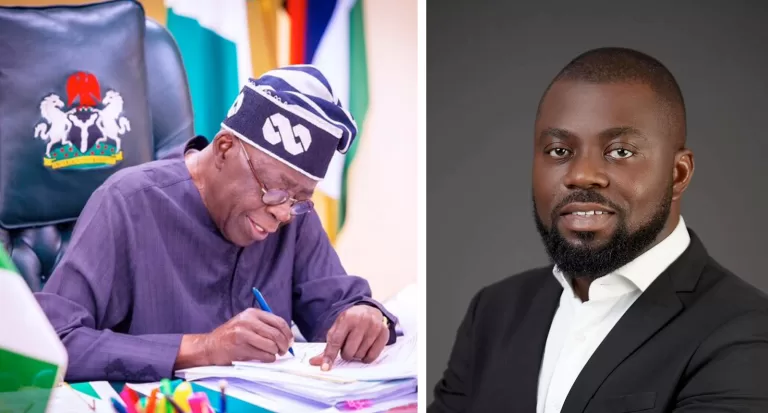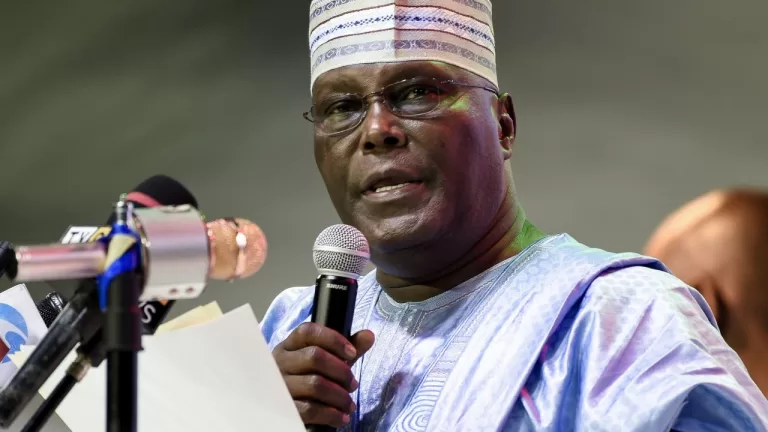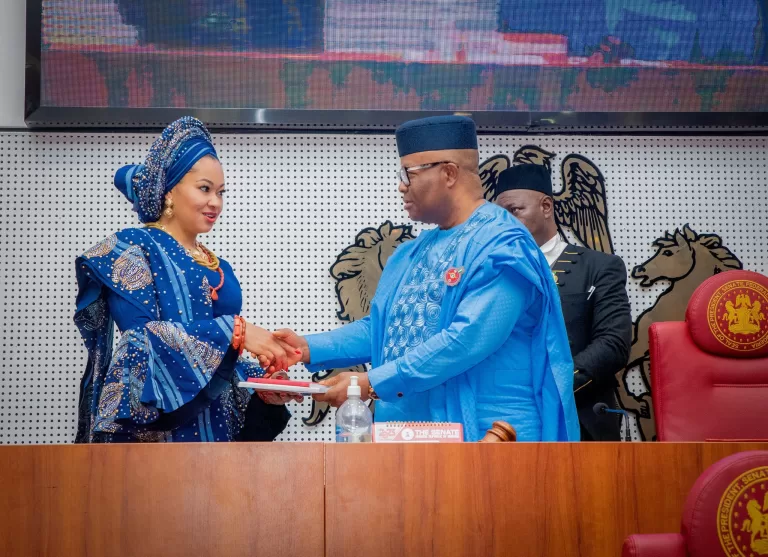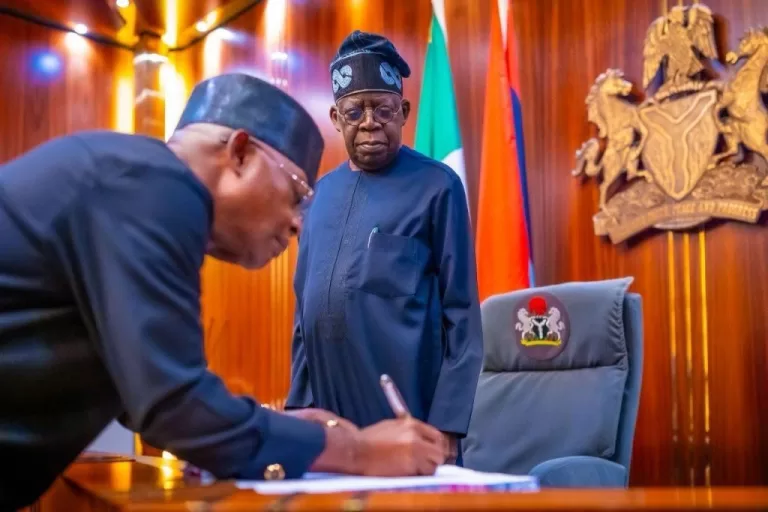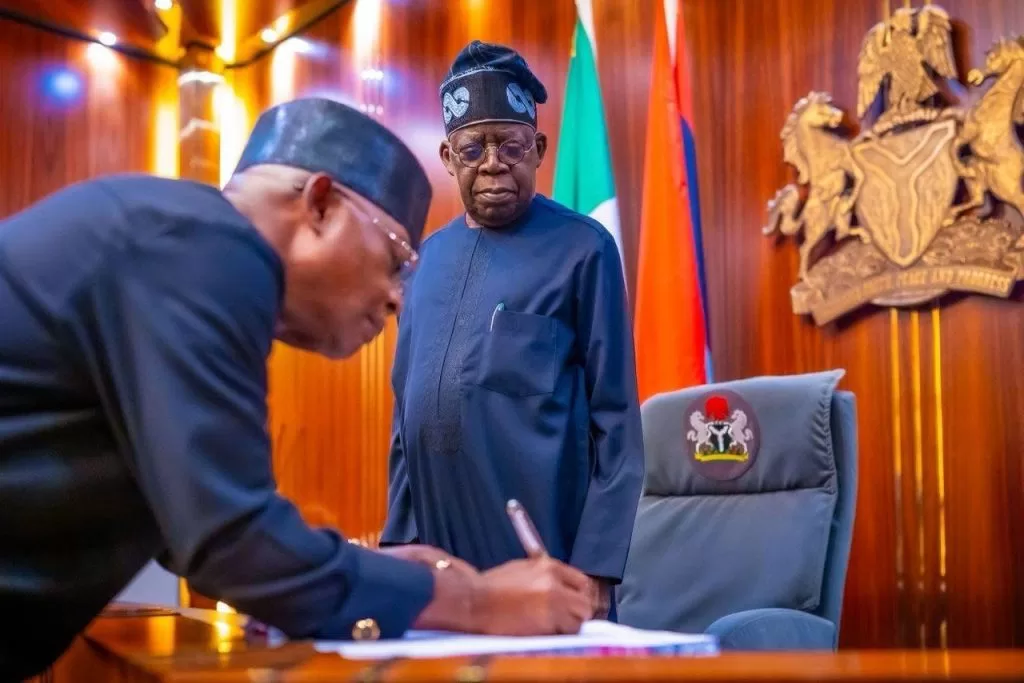
ABUJA — A legal showdown is set to unfold at the Federal High Court in Abuja on April 10 as a landmark suit challenging the constitutionality of the appointment of a Sole Administrator in Rivers State comes up for hearing.
The suit, filed by Abuja-based lawyer Johnmary Jideobi, seeks to nullify the appointment of Vice Admiral Ibok-Ete Ekwe Ibas (Rtd.) as the administrator of Rivers State, calling it unconstitutional. The case, marked FHC/ABJ/CS/572/2025, has President Bola Tinubu as the 1st defendant and has been assigned to Justice James Omotosho.
The legal challenge includes 39 defendants — from the President and Attorney-General of the Federation to the Attorneys-General of all 36 states — and questions the legality of removing elected state officials and replacing them with federal appointees.
Jideobi is asking the court to void all actions taken by Vice Admiral Ibas in his capacity as Rivers State Sole Administrator, arguing that such a role has no basis in the 1999 Constitution.
In his originating summons, Jideobi argues that only specific sections of the Constitution — including Sections 180, 188, 189, 305, and 306 — permit the removal or interruption of the tenure of elected governors and their deputies. He asserts that President Tinubu’s alleged suspension of the Rivers State Governor and Deputy Governor on March 18, 2025, is without legal foundation.
Among the plaintiff’s prayers are:
- A declaration that the appointment of a Sole Administrator for Rivers State is unconstitutional.
- An order restraining the President from suspending or removing elected governors.
- A directive for Vice Admiral Ibas to vacate the Rivers State Government House immediately.
In a 32-paragraph affidavit, the plaintiff emphasized that neither the President nor the Attorney-General has the constitutional authority to remove state governors, who are elected by the people and not federal appointees.
“There is no mention of the term ‘Sole Administrator’ anywhere in the Nigerian Constitution,” Jideobi stated. “This suit is being brought in the public interest — to preserve the sanctity of the rule of law and uphold the integrity of the Nigerian Constitution.”
The case comes amid national debate over federal overreach and the limits of executive power under Nigeria’s federal structure. Legal analysts say the court’s ruling could set a major precedent for the relationship between state and federal authority in Nigeria’s constitutional democracy.


